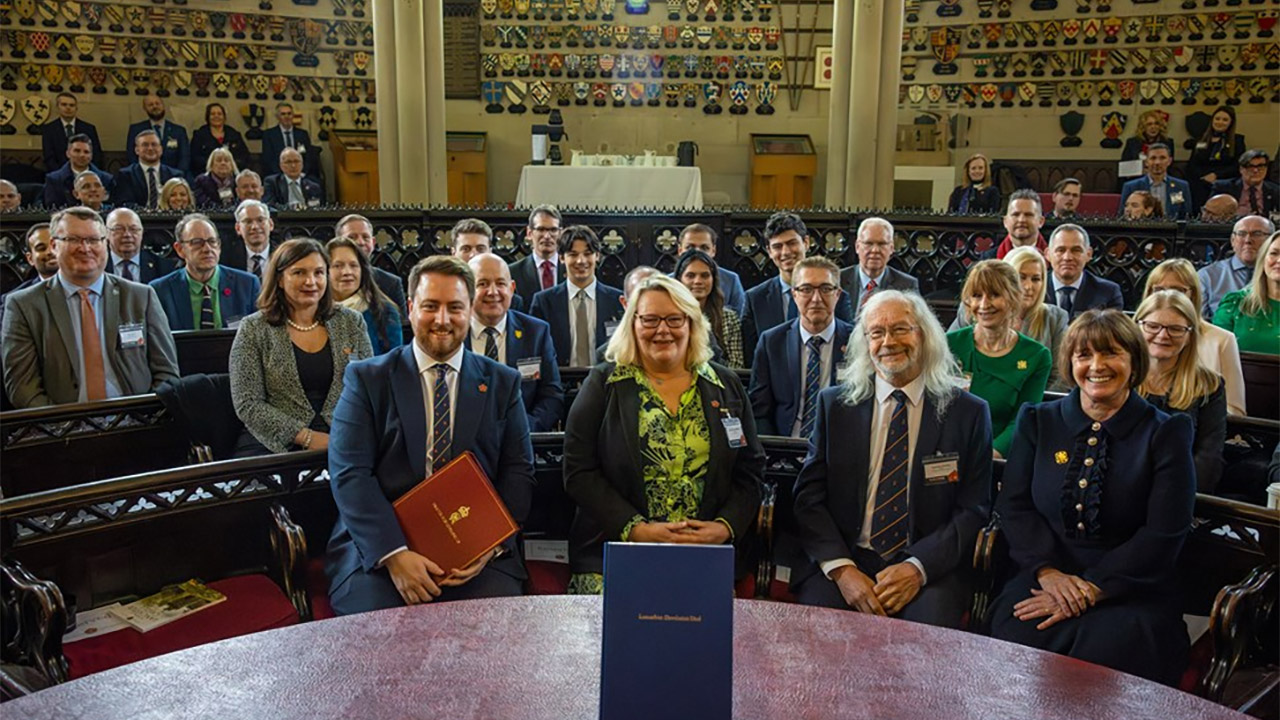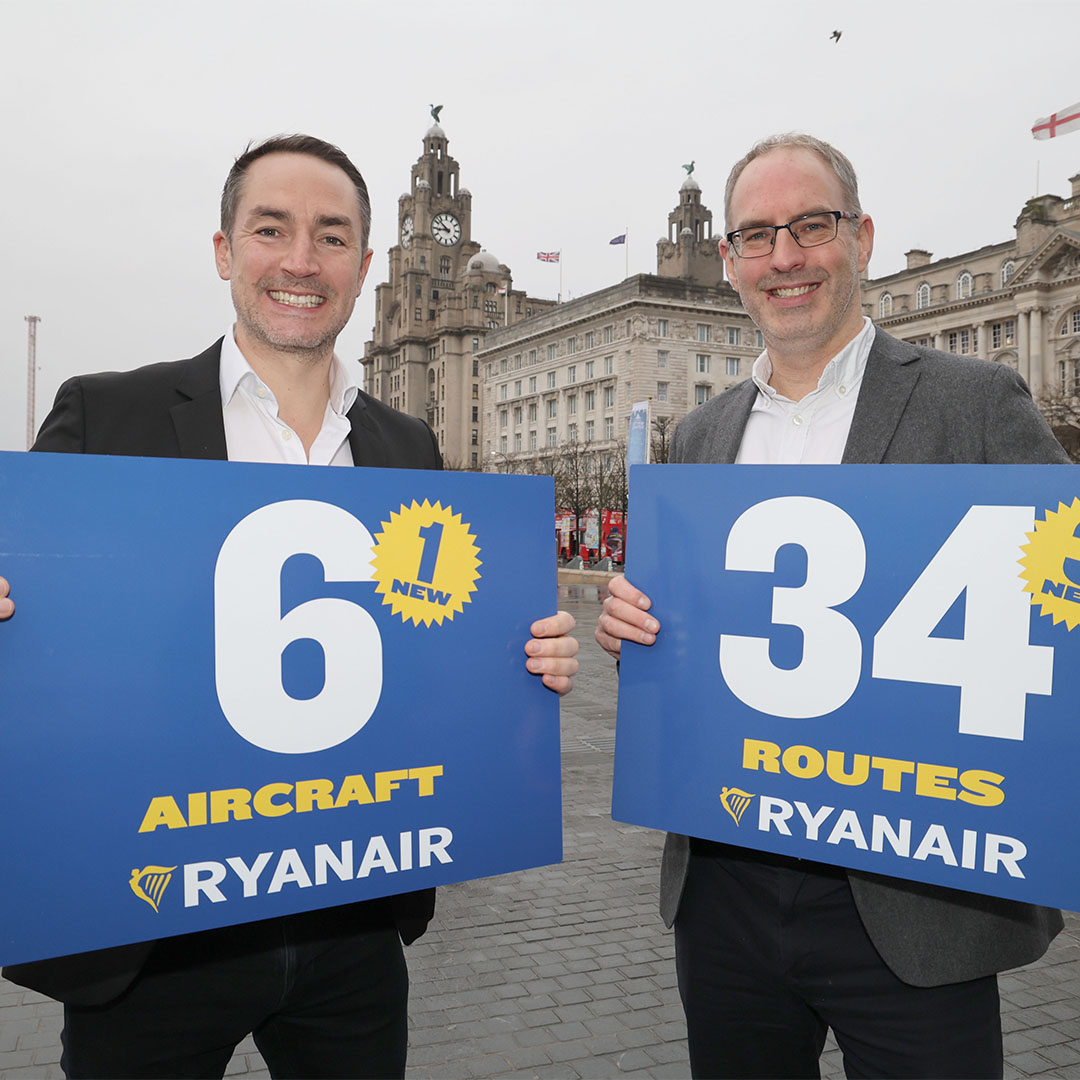The Group chair and chief executive of Downtown in Business Frank McKenna has cautiously welcomed the ‘Level 2’ devolution deal announced in the Chancellor’s recent Autumn Statement.
The initiative, which is worth around £20m in additional capital spend to the county, is led by Lancashire County Council, and the Unitary authorities in Blackburn and Blackpool, who will establish a Combined Authority.
The deal has been criticised by some District Council leaders for lacking ambition – and for excluding Districts from the Combined Authority.
But the long-time devolution campaigner and advocate – and a former Deputy Leader of Lancashire County Council- Mr McKenna, said that a more pragmatic and less parochial approach was needed from Lancashire’s political leaders if further progress on the devo-agenda was to be made.
I remember when the first Devo-Manc deal was announced in Greater Manchester. Leaders there were disappointed that what they got did not include any financial powers. Eight years later, that has now changed. Andy Burnham and his colleagues have also added a range of powers to what was agreed in that initial agreement.
“Equally, when Liverpool accepted to create an elected city mayor in 2012, I think the cash award was around £30m. Eleven years later, there is a Liverpool City Region Combined Authority which has powers over a host of strategic policy areas, including economic development, transport, and skills and training, with a budget of around £600m.
“The point is, Lancashire is at the start of a long journey. Is the deal the most exciting I have ever seen? Of course not. But we have to start somewhere, and this gives the county something to build on.”
Mr McKenna added:
“Although I have some sympathy with District leaders who complain that they have no place on the new Combined Authority, I would ask them to reflect on whether they have been engaging in the devolution debate in good faith – or simply trying to erect barrier-after-barrier in the hope that the Status Quo would prevail.
“That is not a sustainable approach. Lancashire businesses are fed up watching investment for Further Education, skills, Innovation Zones, improved transport connectivity, and business support programmes pour into Manchester, Liverpool, and Leeds. Lancashire can only hope to win that type of support if we embark on this new opportunity in a positive fashion.
“The first page of any devolution story is seldom as dynamic as places hope. But it is the next page, the next chapter, the story’s end that is important. Will our political leaders work with the business community to write a positive, progressive narrative to build on the introduction – or will they rip up the script before it has a chance to develop? The business community is watching – and our patience is wearing thin.”









